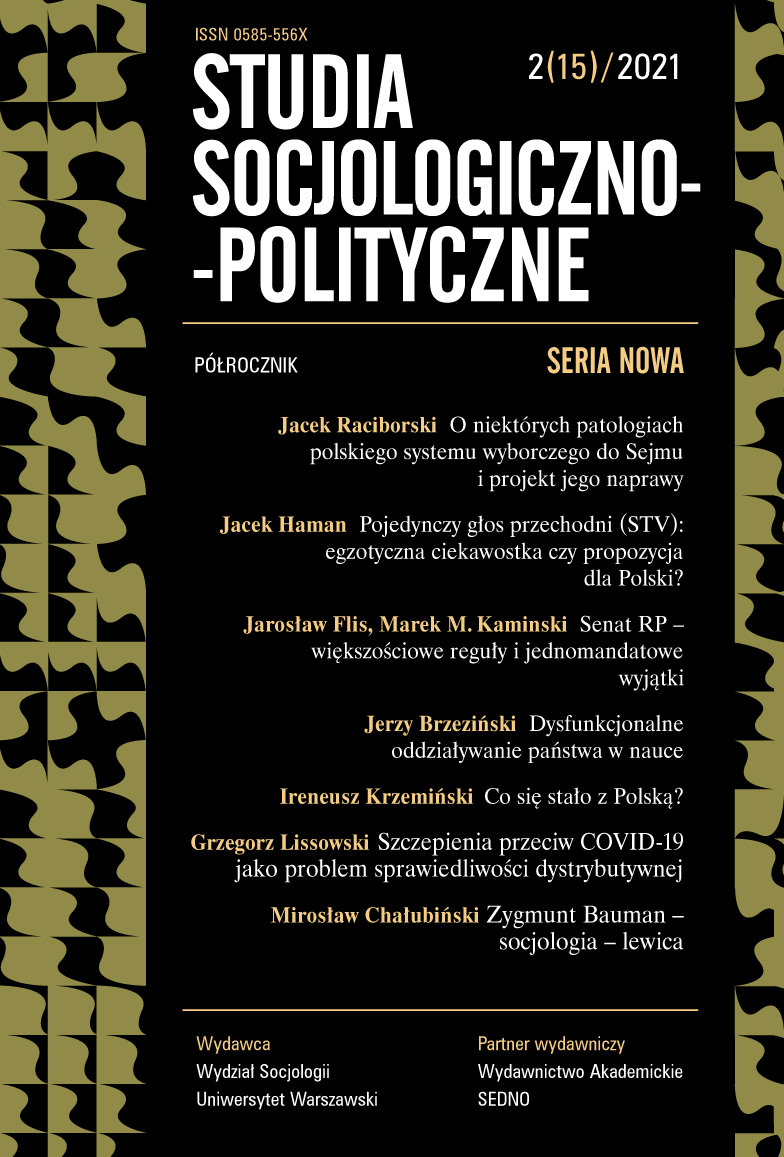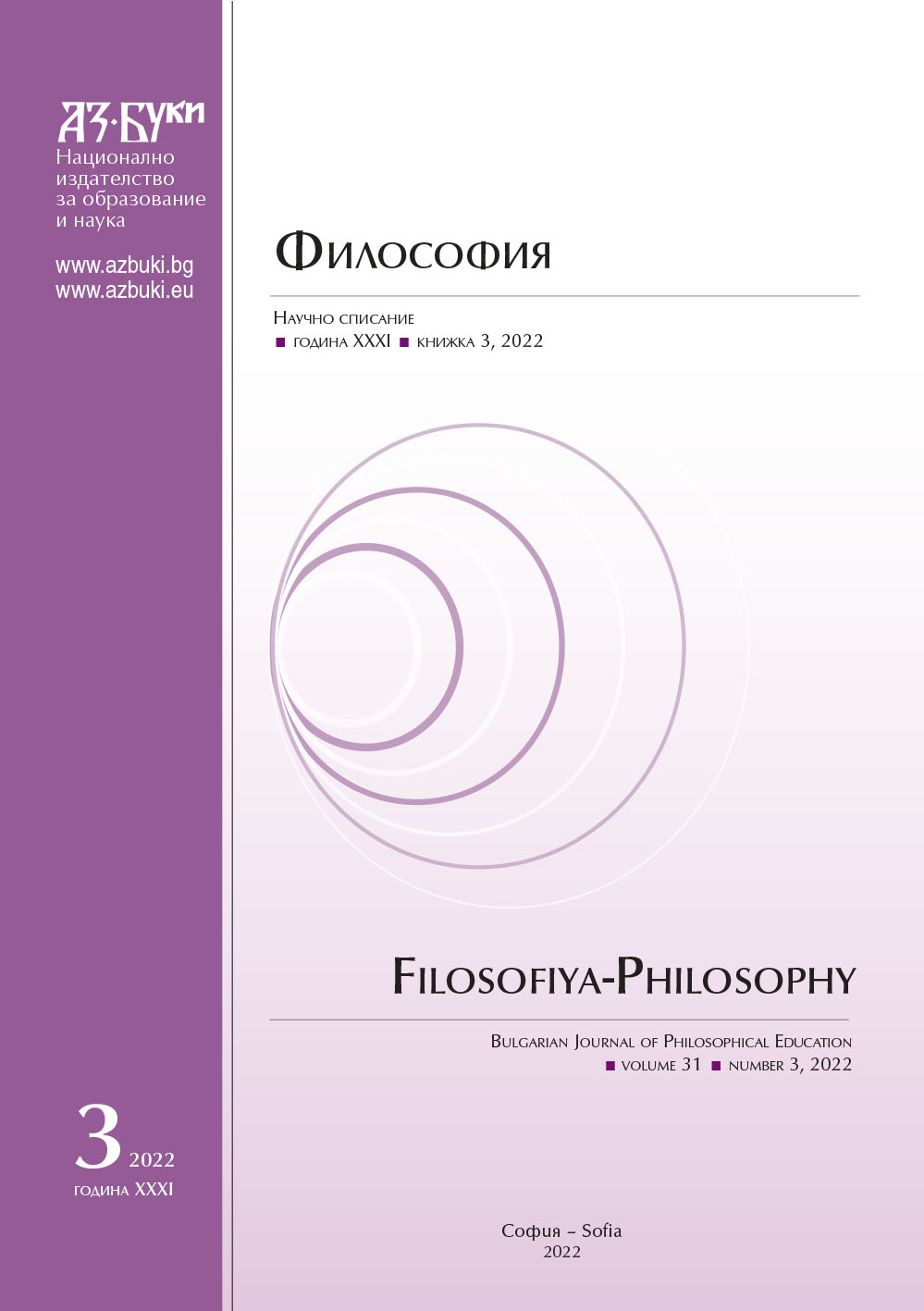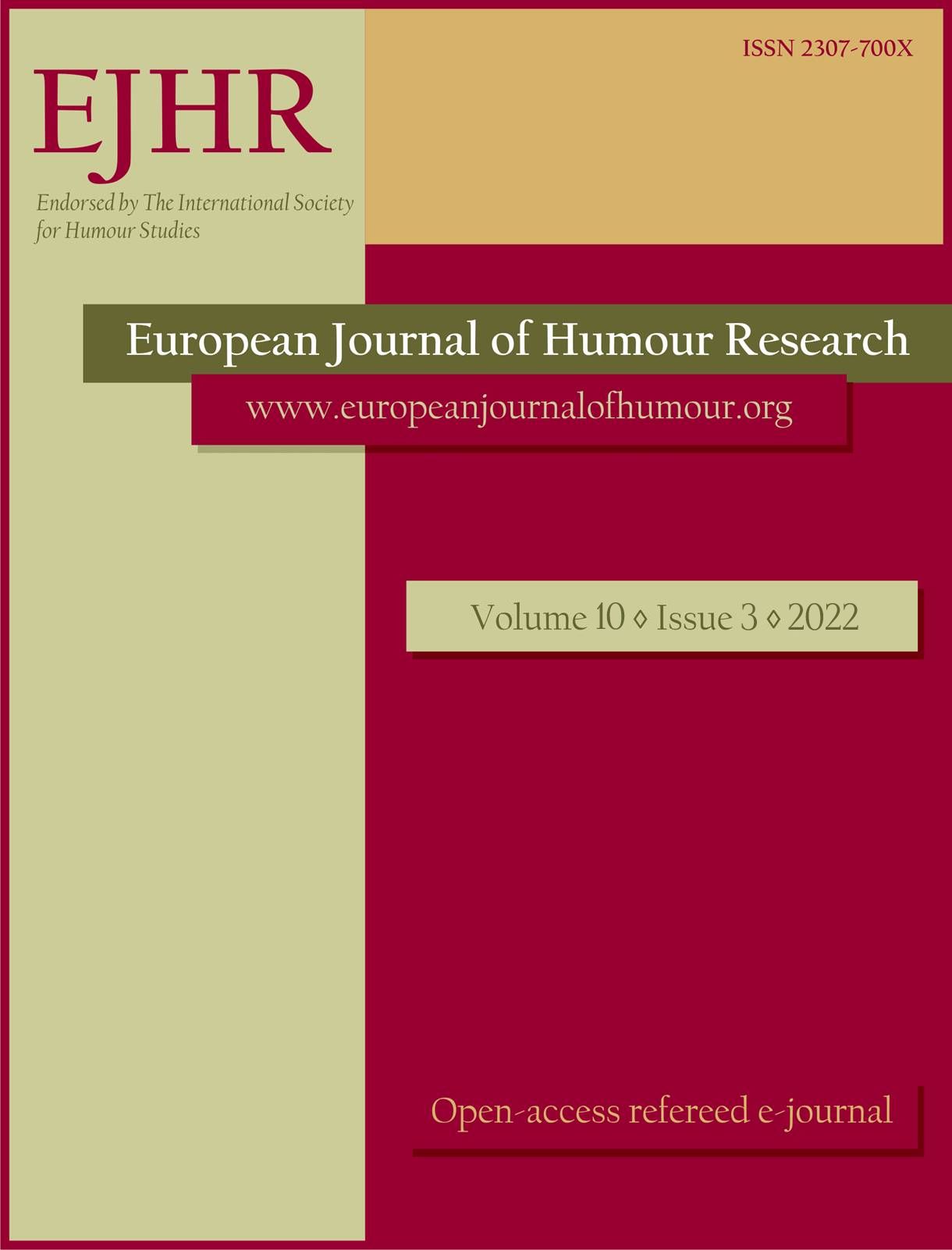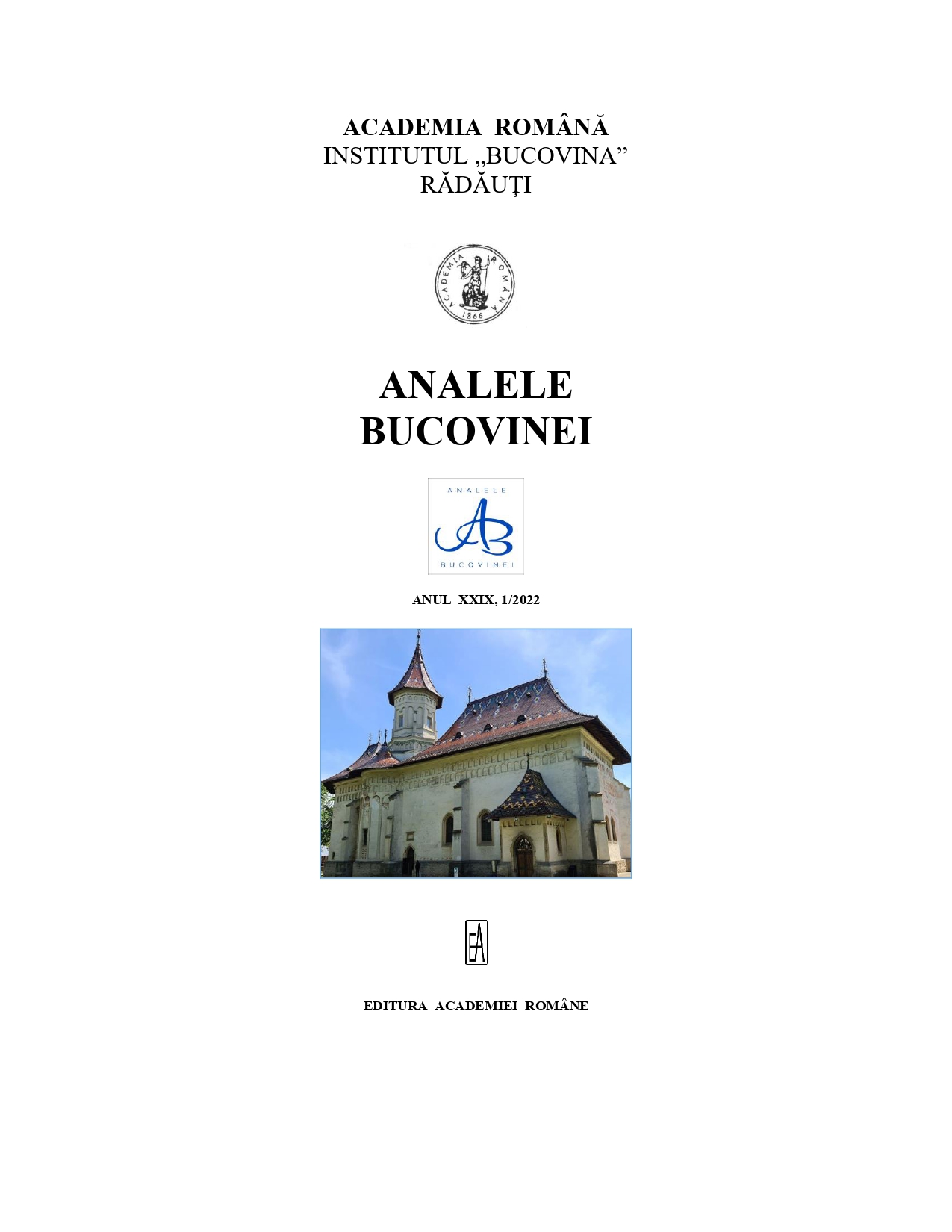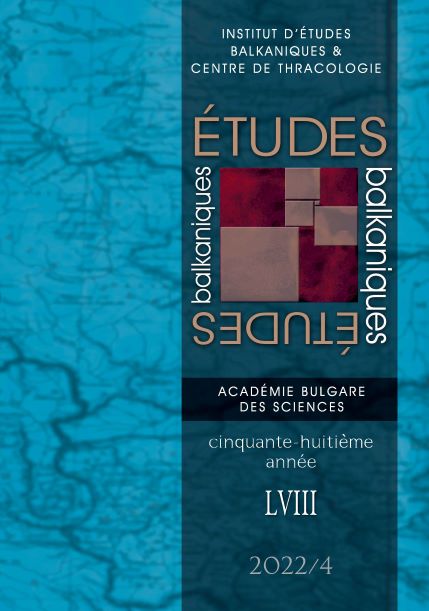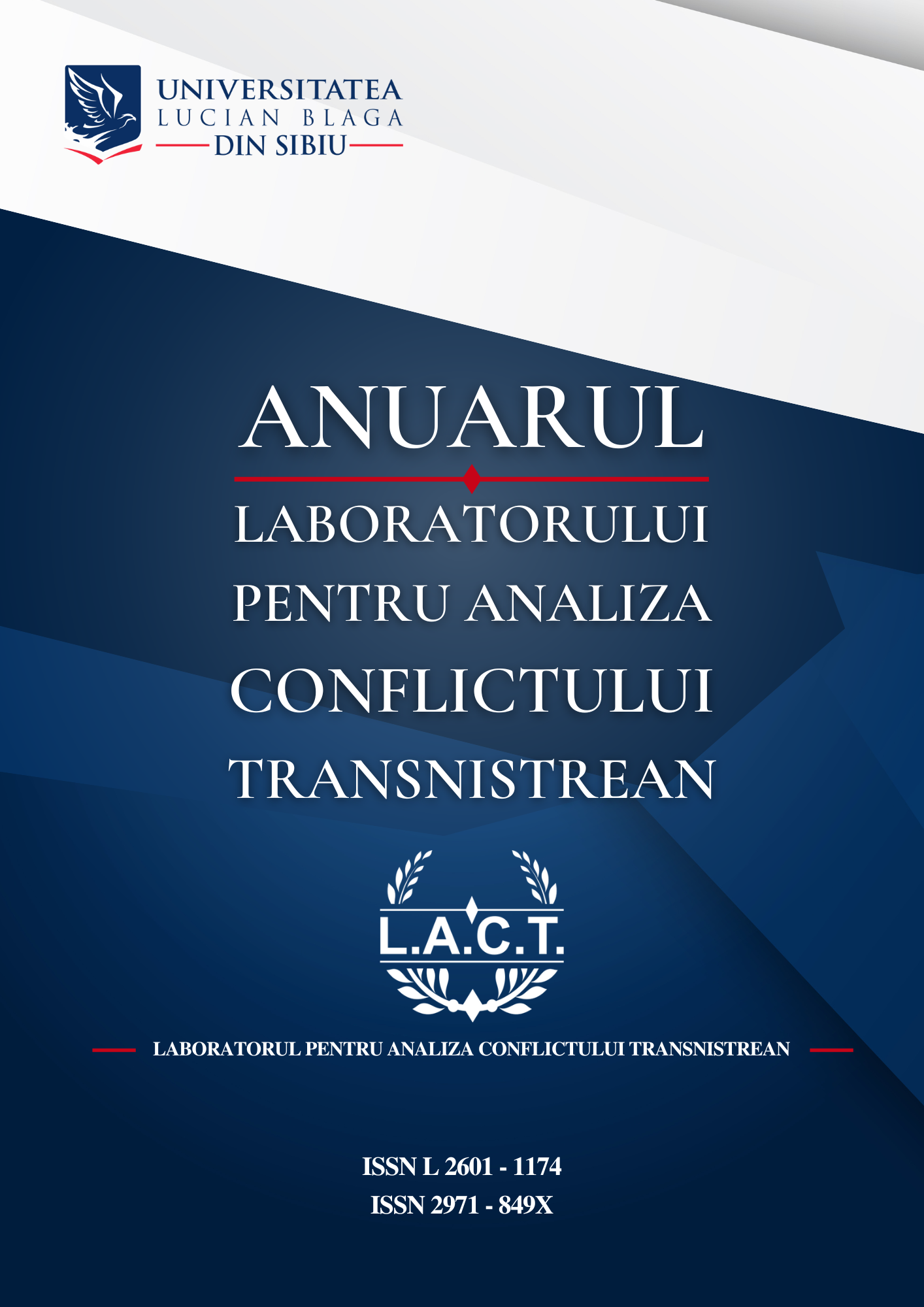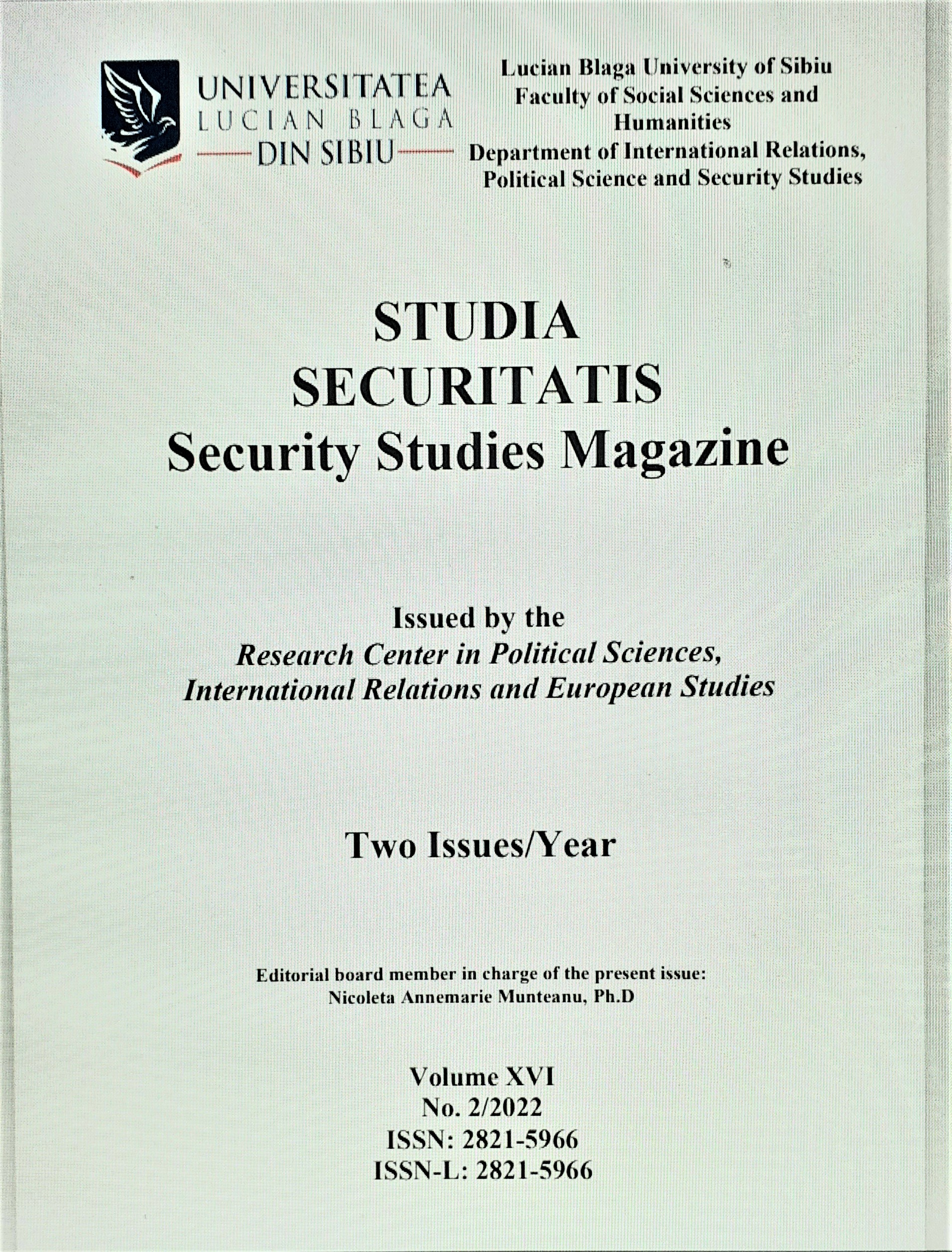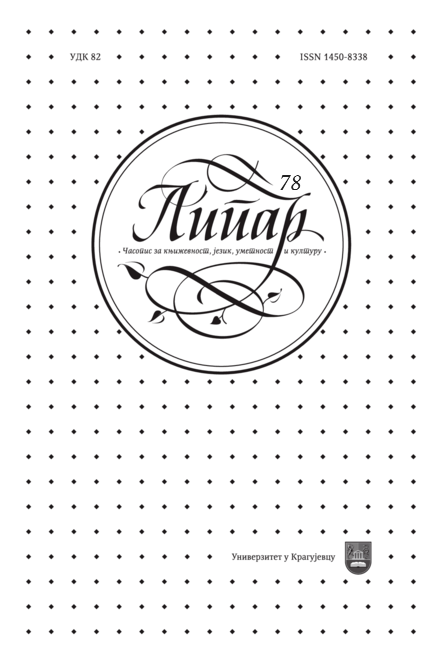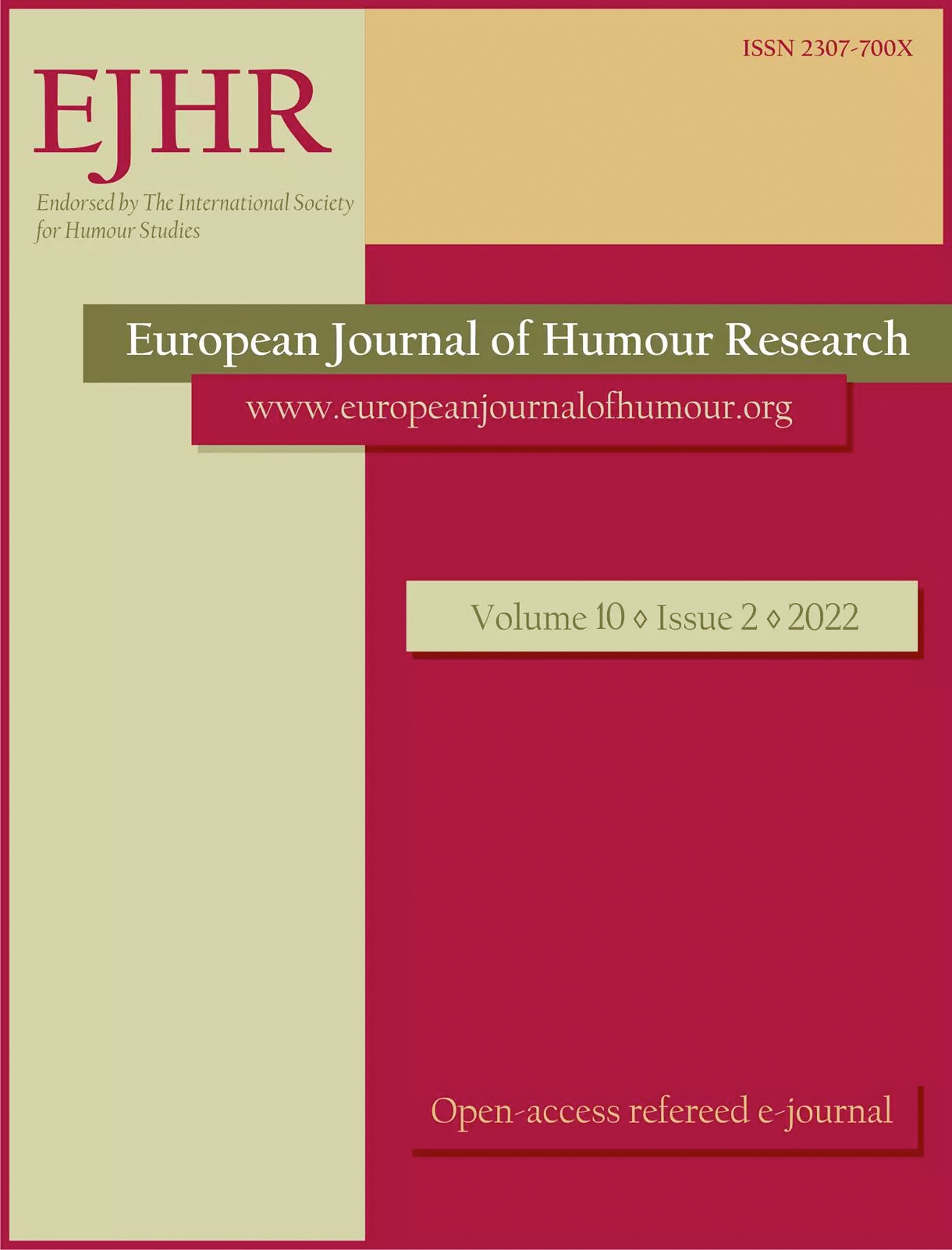
Humour and belonging:
Serving as introduction to this Special Issue, this article presents a thematic review of topics involved in studies on humour and belonging. It briefly elaborates on the intricacies of concepts such as humour, sense of humour and belonging and their relationships. It then provides a selective review of some major relevant studies. Finally, the themes and contents of the Special Issue are introduced.
More...
